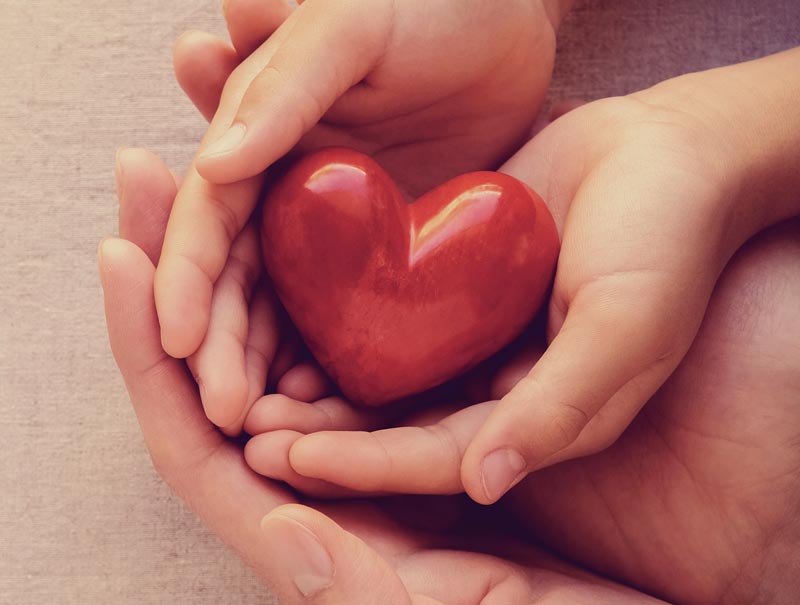Disclosure of Sexual Abuse
What you do when a child discloses sexual abuse is crucial and will impact on their later recovery from the whole experience.
Children need to feel listened to, believed, cared about and safe after they have told. If a child chooses you as their ‘safe person’ and discloses abuse, the following guidelines might help:
- Remain calm – trust that you will be able to get yourself and the child the help you need to handle the situation.
- Take responsibility for making sure the child is now kept safe. This should be your priority and if you need help, call Oranga Tamariki
- Stay emotionally connected to the child and their emotional needs, regardless of your own feelings at that moment. They may need more time cuddling or staying physically close to Mum to feel safe.
- Keep your reactions to yourself, because if you show anger, they might think that is directed at them and not tell you again.
- Praise the child for their bravery in telling and reassure them that it is not their fault and that you will help them to make it better now.
- Help the child understand that there are people that you will need to talk to, in order to get help.
- Show your love concern and support.
- Listen to what the child is telling you and take it seriously. Believe them and accept what they tell you. Say “Thank you for telling me, I believe you.”
- Don’t interrogate or question too much about what has happened, even though your parental instincts will mean you want to know every detail. Your child might withdraw in the face of such questioning. It is best to leave it for a trained expert to question them at a later time.
- Children need to have what they say taken seriously and your reaction will have a big impact on their journey from this point. It is your role to take the responsibility for making sure they are safe now and keeping them safe. They may also need access to professional help if they have behavioural problems like high anxiety or distress.
Other Thoughts
Sometimes a child might offer what seems like a disclosure of abuse, but you’re not sure.
- If you need to ask more questions, make them as few and open-ended as you can and continue to express care and concern, as often children are driven by what they think an adult wants them to say.
- Talk to your child in ways that preserve their self-worth. One of the best things that you can do for your child is to let them know that they are understood.
- Try to reflect a child’s feelings without criticism and show you understand these feelings. When children feel understood, hurt and distress start to disappear and more positive communication will begin.
- Disagreeing with your child’s feelings or perceptions of themselves may mean they choose not to share with you anymore.
- Your child needs to have their life be as normal as possible, with the same routines, going to school and partaking in their usual daily activities.
- Try not to make too many changes or new rules and avoid stepping back from your normal parenting style as much as you can.
- You may understand why your child is acting the way they are, but as well as showing compassion, you can let them know when their behaviour is unacceptable and still instigate the appropriate consequence if they continue to cross the line.
- Children may need extra emotional needs attended to – they might need more time cuddling with Mum, or need certain special comforts again.
- Continue to show your child your love and support and discuss ways to keep safe with other people with your children.
- Give your child ongoing opportunities to tell you if things are not OK, but also be respectful of their space and pace.
This might all seem like a big ask when you’re still trying to get your head around it, so take time to get yourself calm if you need to, seek professional help for both yourself and the child.
If it’s too difficult to talk with friends and family, call us anytime for help and advice.
If A Teen Tells You
- It is common for survivors of sexual abuse to not want to talk to their parents or caregivers about it, for fear of their reaction, not wanting to upset the family, or a desire to ‘forget’ about it’ and return to normality.
- As a caregiver, it is an equally common reaction for you to want to know the details of what has happened to your daughter.
- Hearing your daughter has been sexually abused can bring forward a range of responses: shock, anger, confusion, denial, fear and powerlessness.
- As a parent though, you have a significant influence on your daughter’s journey as your reactions and management of the post-disclosure period will have a huge impact.
- She may watch how you respond and change the way she is coping, depending on how you react.
- Part of your role is to navigate your family through this period and cushion the impact of the experience.
- However, no matter how well you take up this role, there’s no guarantee of how smooth the path ahead may be. Don’t be too hard on yourself.
- Although we suggest you process your personal responses away from your daughter, totally hiding your feelings and vulnerabilities may give the impression that what’s happened is not important or even that you don’t care.
- Your first response (and an understandable parental reaction) is that you will want to know the whole story and all the details of what has happened, but your daughter may not be ready or able to talk with you yet.
- She may even want to protect you from the details, or feel she is to blame.
- Be careful not to pressure her, even if you feel there are information blanks, as it may cause a retreat or closing down, or even a retraction of the disclosure.
- Try not to make too many changes or new rules – she probably wants life to go back to ‘normal’ as soon as possible.
- Allow her to go places she would have been allowed to go before, as long as she is safe.
- Sometimes the fear of doing more harm makes parents step back from their normal parenting style, but young people still need you to protect and guide them, to keep the boundaries.



